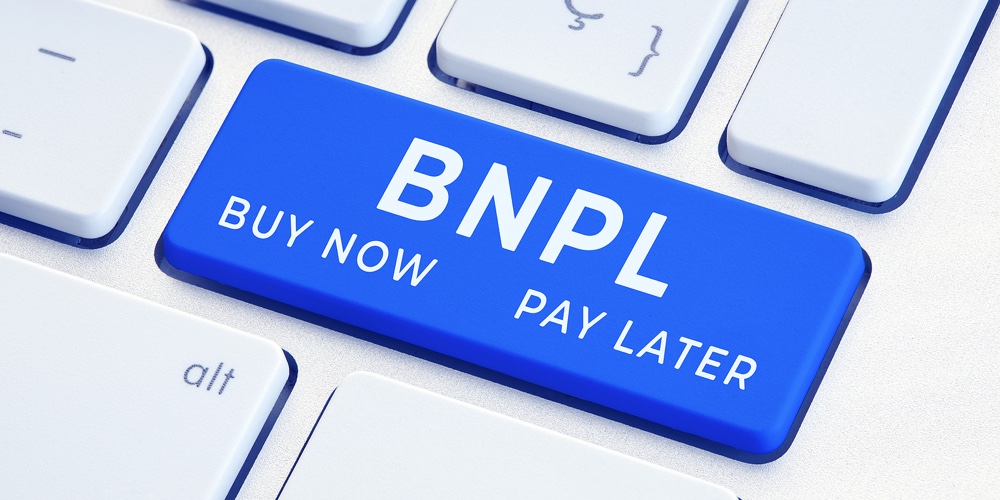Buy now, pay later risks exposed as delinquencies grow

In the ever-evolving era of online commerce, consumers have embraced a new form of payment at the purchasing page called “buy now, pay later”: drop 25 percent-or-so money down, then pay the rest in equal installments over the span of six weeks, no interest charges or fees included.
A type of no-cost and instant purchase financing, the arrangement sounds common-sense enough. Indeed, Americans have grown partial to the “buy now, pay later” (BNPL) model, especially when the world went into lockdown in early 2020 and retail went digital.
The problem is the “pay later” part of the deal has metastasized to the point where today’s consumers who are less-than economically sound are discovering such financing programs can be risky and detrimental to their present and future financial health. Hard-pressed consumers are now using it to stretch payments out of necessity, while other purchasers are buying higher-cost products without having to fork over the full amount.
All manner of digital finance companies – from PayPal and Affirm – have rolled out popular products around such short-term lending programs, especially for younger consumers who recoil at the very prospect of perpetual credit card debt. Unfortunately, as the industry continues with great efficiency to garner customers, delinquencies – as one might expect – have been rising. Inflation has been squeezing consumers’ savings accounts, which makes it even more difficult to pay off debts. Consumers’ lack of financial literacy, education, and awareness do not allow for budgeting properly, especially if they are lured into taking out multiple BNPL loan agreements (called “loan-stacking”) while other consumers are credit- “sensitive” to begin with.
continue reading »
